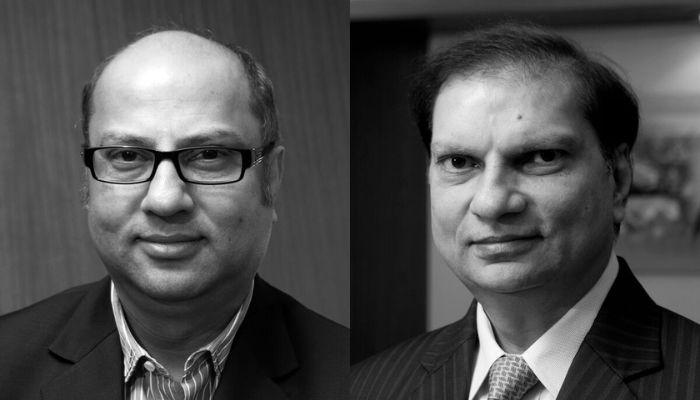India’s Supreme Court has opened a major legal door for billionaire brothers, Nitin and Chetan Sandesara, after ruling that they can settle one of India’s largest alleged bank-fraud cases by paying roughly a third of what investigators say they owe. The decision allows the brothers to pay about $570 million out of an estimated $1.6 billion liability, a move that could potentially end years of criminal proceedings that New Delhi has chased across several countries.
Legal analysts say the ruling may set a new tone for similar cases in the future. Debopriyo Moulik, a Supreme Court lawyer, told Reuters that the judgment could encourage other economic offenders to seek settlement deals instead of facing full trials. He noted that this approach mirrors practices in some foreign jurisdictions where fines are accepted in place of criminal prosecution.
For the Sandesara brothers, the Supreme Court ruling marks the closest India has come to resolving a long-running scandal that has followed them from Mumbai to Abuja and into offshore oil fields in West Africa. But while the legal battle continues at home, the brothers’ fortunes in Nigeria have grown significantly.
The pair left India in the mid-2010s after their conglomerate, Sterling Group, came under criminal investigation. Since then, they have built one of the largest independent oil operations in Nigeria. Their companies, Sterling Oil Exploration & Production Co. and Sterling Global Oil Resources Ltd, now produce around 50,000 barrels of crude per day, based on a 2023 Bloomberg report. They operate under contracts with the Nigerian National Petroleum Company (NNPC) and have become major players in Africa’s biggest oil-producing economy.
The brothers’ rise in Nigeria began almost two decades ago with two small onshore oil licences in the Niger Delta. Over time, the business expanded into a fully integrated drilling and crude-export operation. Their decision to shift operations to Lagos and hire a former head of Nigeria’s petroleum regulator strengthened their influence in the country’s oil sector. By 2019, taxes and royalties from companies linked to the Sandesaras reportedly accounted for about two percent of Nigeria’s national revenue.
Their operational strategy has also helped them avoid some of Nigeria’s biggest energy challenges. According to the Indian Times, their companies transport crude by barge to a floating offshore storage vessel, avoiding the heavily vandalised pipeline networks that cause losses for other producers. This has helped them maintain steady export levels despite widespread sabotage and oil theft affecting many competitors.
Nigeria has also continued to support their involvement in its future oil exploration plans. Government officials last year announced a potential discovery of up to one billion barrels of crude in the North-East region. Some of the drilling work in the multi-billion-dollar expansion is linked to contractors associated with the brothers, highlighting their deepening roots in the country.
However, in India, financial investigators portray a very different picture of the Sandesaras. Agencies accuse the family of orchestrating a major economic fraud. They allege that the Sterling Group secured loans using fake documents, manipulated valuations, and complex offshore structures to divert funds abroad. According to the Central Bureau of Investigation (CBI), the group owed more than 140 billion rupees (about $1.7 billion) to major state-owned lenders including State Bank of India, Union Bank of India, and Bank of Baroda.
A 2019 charge sheet claimed that the brothers moved some of the loan proceeds into their offshore ventures, including the Nigerian oil operations that later became the foundation of their African success. Indian banks pursued them globally, securing two UK High Court rulings in 2018 and 2021 ordering companies linked to the brothers to repay nearly $60 million after defaults tied to the Sterling Oil business.
India also requested their extradition from Nigeria, but efforts failed. Nigerian authorities declined to arrest the brothers in 2018, stating that India’s allegations “appeared to be political in nature,” according to documents published by the Organised Crime and Corruption Reporting Project and reviewed by Bloomberg. Filings from the CBI also show that the brothers subsequently applied for Nigerian citizenship.
Despite the controversy, the Sandesaras maintain that they are innocent and insist they are victims of political persecution. The Supreme Court ruling gives them an opportunity to settle the case financially and potentially close a long chapter of legal battles, even as their oil operations continue to flourish abroad.
